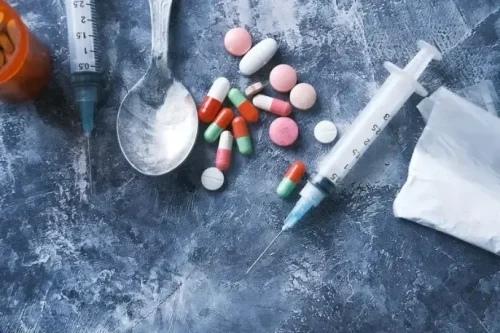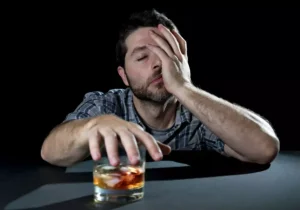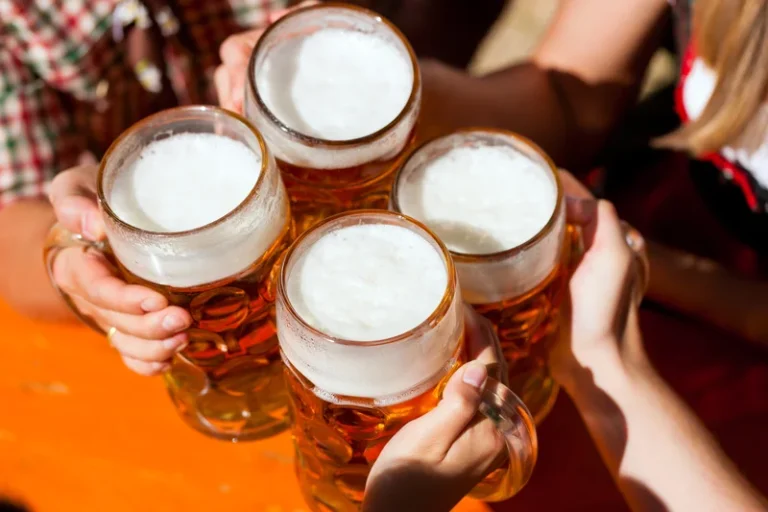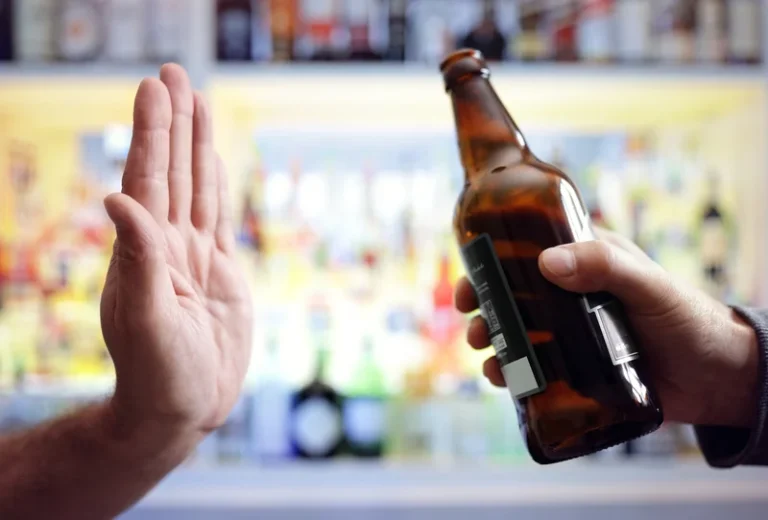
Remind your teen that underage drinking is illegal and that they can be arrested for it. Your teen should also understand that drinking alcohol comes with specific consequences. Agree on rules and punishments ahead of time and stick to them—just don’t make hollow threats or set rules you cannot enforce. Make sure your spouse agrees with the rules and is also prepared to enforce them. Many turn to alcohol to relieve stress, cope with the pressures of school, to deal with major life changes, like a move or divorce, or to self-medicate a mental health issue such as anxiety or depression.
If you’re a teen who’s underage drinking
Monitoring the Future data show that 12% of 8th-graders, 22% of 10th-graders, and 29% of 12th-graders report engaging in heavy episodic drinking. The risks of underage drinking include negative health and developmental effects as well as increased risk for risky behavior or becoming a victim of acts of violence. Preventing underage drinking is essential to preventing alcohol and drug dependence in adulthood. While internal risk factors are specific to an individual teen, external influences and causes of underage drinking depend greatly on a teenager’s environment. The adolescent years are important years for learning, understanding and forming a unique perspective of the world.
Alcohol and Young Adults Ages 18 to 25
Many of the celebrities and music moguls they follow are posting pictures from parties and events where alcohol is front and center. One study found that alcohol portrayed in social media makes teens feel like drinking is the normal thing everyone is doing. Discuss with your teen that what they see on social teenage alcoholism media is not always the reality of what’s really happening. Motivation for change occurs when people perceive a discrepancy between where they are and where they want to be. The motivational enhancement approach seeks to enhance and focus attention on such discrepancies with regard to the drinking behavior.
Alcohol harms the brain in teen years –– before and after that, too
- Once you’re able to peacefully discuss a common interest, it may be easier to get your teen talking about the more sensitive issue of alcohol use.
- The risks of underage drinking include negative health and developmental effects as well as increased risk for risky behavior or becoming a victim of acts of violence.
- Talk it Out NC has advice for parents and important information for teens to avoid the dangers of underage drinking.
- Information about the structure, function, and interpersonal problems of families, parents, children, and adolescents provides a necessary background from which the need for additional screening efforts can be determined.
- Adolescents tend to drink if the adults around them drink or binge drink alcohol.
(11) The earlier an individual developed an alcohol use disorder and the longer the duration of the alcohol use disorder, the smaller was the volume of his or her hippocampus. (12) Other studies have looked at the effect of alcohol on the structure of white matter and have demonstrated that white matter integrity was reduced in the corpus callosum of youths with alcohol use disorders. The participants were shown pictures of alcoholic and nonalcoholic beverage advertisements during neuroimaging. Adolescents with histories of heavy drinking showed greatly enhanced neural activation while viewing the pictures of alcoholic beverages compared with pictures of nonalcoholic beverages.
Health risk appraisal and preventive counseling throughout preadolescence, adolescence, and young adulthood is a well-established principle. During regularly scheduled health maintenance visits, there are well-established tenets of health education, screening for health morbidities, and anticipatory guidance. These visits represent multiple opportunities for screening, early identification, and intervention for adolescents affected by alcohol-related problems, including adolescents affected by parental alcoholism.
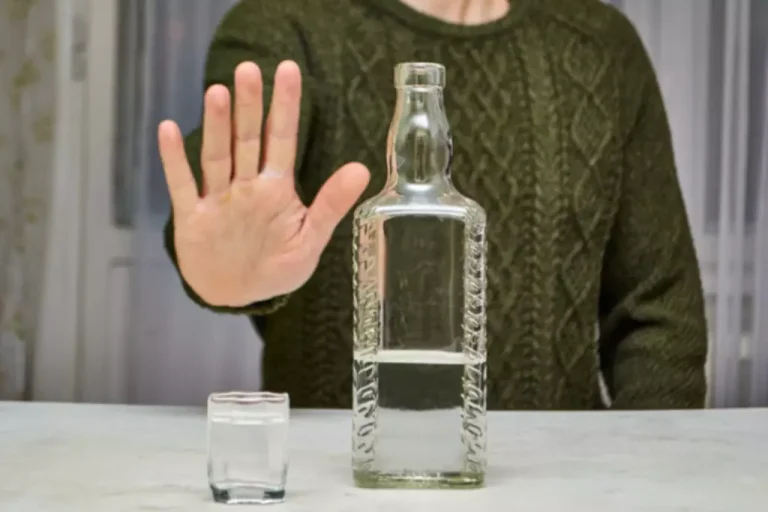
Across many species, including humans, adolescence is a time of heightened risk taking, and for many young people in our society, some of that risk-taking involves alcohol use. In addition, adolescence is a period of increasing socialization, often involving alcohol. For some, the increased social demands of adolescence may be accompanied by increased anxiety, heightening the risk for alcohol use. In this way, alcohol use has become intertwined with the normal developmental processes of adolescence.
Children Who Grow Up in Households With Alcoholic Parents
A teenager growing up with alcohol readily accessible and parents allowing minors to drink reinforces negative decision-making. When surveyed, 53% of current underage drinkers reported that family and friends provided alcohol. Even though you may be setting a good example for your teenager, you need to make sure all family members and close friends are doing the same.
